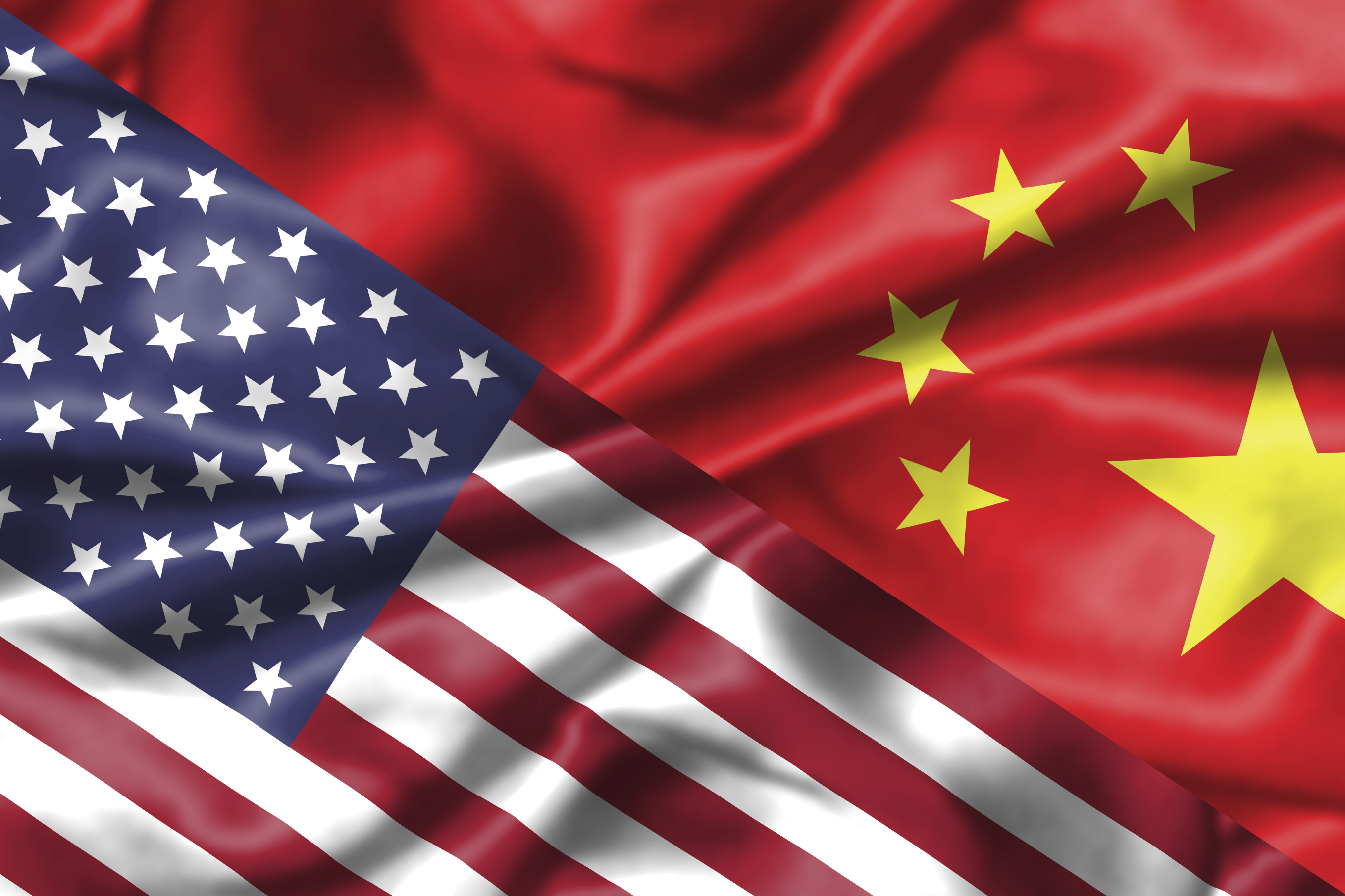Much of the talk surrounding China and the U.S. is couched in terms of inevitable confrontation– a zero sum equation. One wins; the other loses. I don’t believe that the contest between our countries will be decided by who defeats the other. It will be decided by who is best able to slay their dragon– confront their own internal challenges. The most dangerous of these dragons defy easy solution because they are often enmeshed in the structures and values which drove a country to prominence in the first place. China and the U.S. are now at their own points of departure, facing internal dragons that stand between them and their continued success.
This week in Beijing the Chinese Communist Party will give their president and party secretary, Xi Jinping, another five years at the helm of a rising, increasingly assertive China. Xi used his first five years to gain firm control over the Party and the country. He purged his rivals, attacked corruption and deftly managed potential troubles with Hong Kong and Taiwan. The Chinese economy has kept chugging along at a sustainable rate of growth. His government’s uncontested national narrative is made all the more remarkable in the age of the Internet. Xi has even accomplished something which no Chinese leader has ever done: positioned himself to the world as a bold, global leader, and his country as an economic—if not ideological—alternative to the U.S.
But China’s dragon has not been slayed.
It may sound strange to Americans that pollution is China’s dragon. The U.S., U.K. and Japan, after all, polluted their way to prosperity, later using their riches to clean up their messes. But China’s problem is of a different magnitude. Air pollution in Beijing, Shanghai and several other large Chinese cities, while reminiscent of London in the 1950’s and Los Angeles in the 1960’s, is far worse– and isn’t improving. Water is already scarce in China. Now over half of China’s water sources are too polluted to drink. A quarter of the country’s lakes and waterways are unusable even for industrial purposes. And 43% of China’s rivers are so polluted that they aren’t even safe for human contact. Much of China’s already scarce agricultural land is contaminated.
Pollution is a much greater, perhaps existential, challenge to China’s one party government because China’s system lacks the civic and legal tools which helped other countries address their pollution problems. The U.S. and U.K. were also prosperous first-world democracies when they decided to confront their pollution problems. China is still a developing country whose unelected government derives its legitimacy from the prosperity—and pollution—which comes from industry. The Chinese people are obsessed with health, but cannot channel their desire for a healthy environment through elections. And since all land in China is owned and controlled by the government (technically “the people”), private property interests do not drive the battle against pollution. Indeed, China’s environmental problems are a true tragedy of the commons. The resources are shared by all but owned by no one, so they are exploited and degraded without consequence. China’s only option is to deploy, on a massive scale, State command and control environmental regulation—a near impossible task in a country as large and marginally governable as China.
Like China, the United States today confronts its own uniquely American dragon: a loss of faith in our sources of information. The United States lived through some very turbulent times in the ‘60’s and ‘70’s. Yet through it all Americans got the news they needed—the same news– from the morning newspaper and network television. Today, our First Amendment values are stretched to the breaking point by real and made-up news organizations competing—often unscrupulously– for eyeballs and clicks. The more we click the more they know our preferences, delivering the information (and disinformation) we want to see. News that merely confirms our points of view drives us further into ideological echo chambers. We become estranged members of a weak and divided society. If that wasn’t bad enough, our external enemies have learned how to exploit and weaponize our information freedoms to further
weaken and divide us.
It will probably take a generation for the American public to completely slay the dragon of fake news. New tools of information curation are already emerging. Social media platforms will face a stark choice: either self-regulate or submit to some form of unpalatable government intrusion. Unscrupulous politicians and purveyors of fake news, always on the lookout for people harboring fears and resentments, will not disappear. But Donald Trump and his enablers, whose disregard for truth and relentless attacks on almost every professional media outlet, will exhaust all but the most willfully ignorant. As people become sophisticated and discerning in what they read and hear, understanding the difference between news and entertainment, they will reach for truth, integrity and sincerity in their sources of information and their elected officials.
I give the U.S. and China roughly equal odds of slaying their dragons. But I place my bet on the U.S. To paraphrase a quote often attributed to Churchill, Americans will always do the right thing, after first exhausting all of the alternatives. Let’s hope we don’t have to wait too long.

